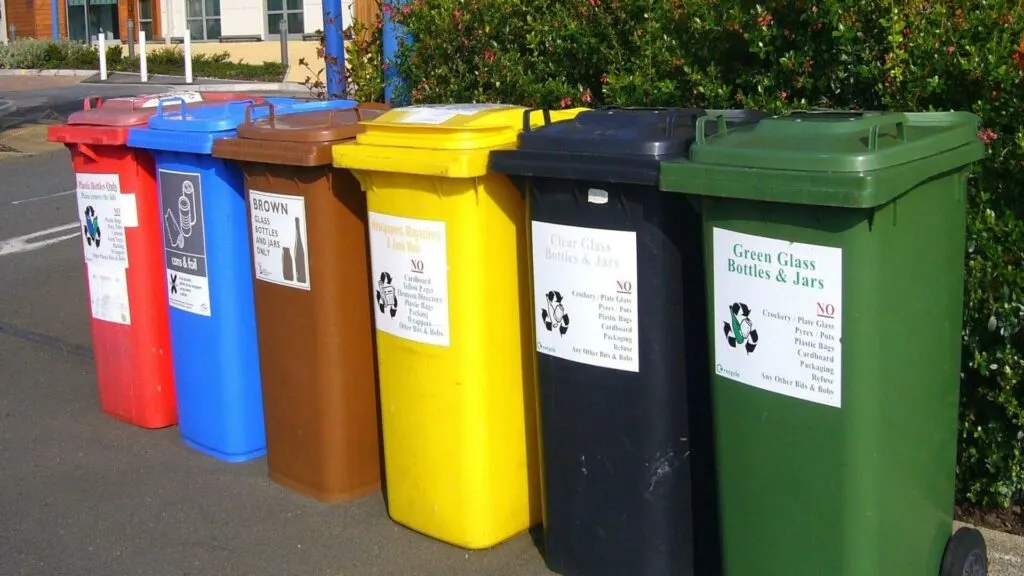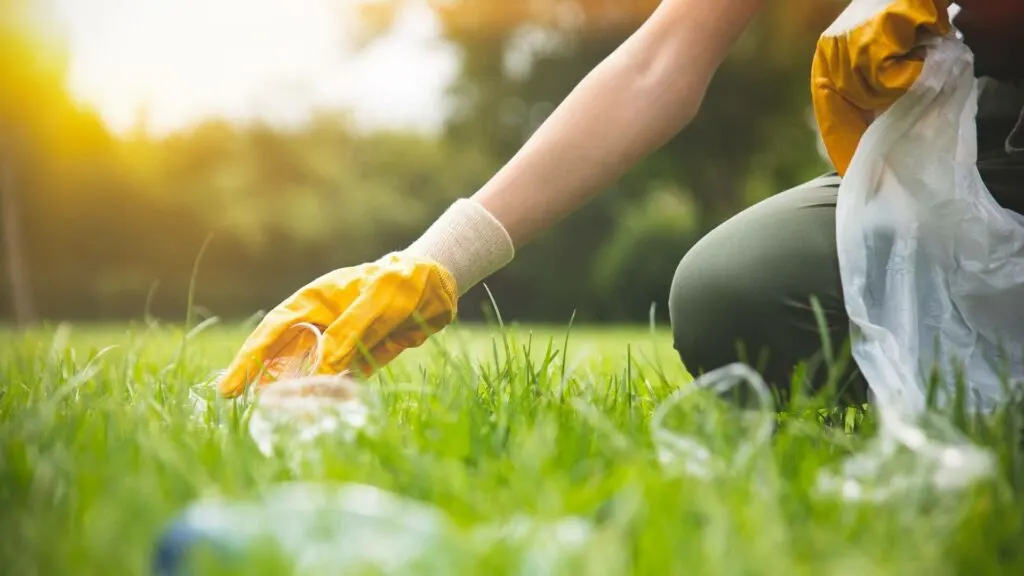Recycling is a significant process that plays a crucial role in preserving our natural resources and mitigating environmental degradation. It involves converting waste materials into reusable substances, effectively reducing the need for virgin materials in the production process, and thereby decreasing the extraction of finite resources. However, the recycling process is more complex than throwing waste into a separate bin. It involves understanding the types of materials that can be recycled, their recycling codes, and the recycling process’s environmental and economic impacts. This document will delve into the essential basics of recycling, providing key insights that will enhance your understanding and hopefully encourage more proactive engagement in this vital process.

Types of Recyclable Materials
Commonly recycled materials include paper, plastic, glass, and metals. Each of these materials requires a different recycling process. For instance, paper recycling involves breaking down the cellulose fibers in paper products and reusing them to create new paper products. On the other hand, plastic recycling involves sorting different types of plastics by their resin identification codes and then melting them down into pellets for use in manufacturing new plastic products. Glass recycling requires crushing and melting glass bottles to create new glass products, while metal recycling involves shredding, melting, and purifying metals to create new metal products. Whether you need Hutto mattress recycling services or paper recycling services, understanding the different types of recyclable materials and how they are recycled is crucial for proper waste management. Most materials can be recycled multiple times, creating a circular process that significantly reduces waste and conserves resources.
Recycling Symbols and Codes
Most recyclable materials are marked with a recycling symbol and a number that represents the type of material. Understanding these symbols and codes is key to proper sorting and recycling. The three chasing arrows that form a triangle represent the universal recycling symbol. However, this does not necessarily mean that the material is recyclable in your area. The number inside the symbol specifies the type of material and serves as a guide for proper sorting. For instance, #1 represents polyethylene terephthalate (PET) used to make plastic bottles, while #2 represents high-density polyethylene (HDPE) used in milk jugs, detergent bottles, and plastic bags. You can check with your local recycling facility or municipality to determine the types of materials they accept for recycling.
Positive Environmental Impact
Recycling takes less energy than producing new materials and reduces the amount of waste that ends up in landfills or oceans. This helps in lowering greenhouse gas emissions and conserving natural resources. Recycling paper, for instance, uses 70% less energy than producing new paper from trees. This means that recycling one ton of paper saves around 17 trees, 7,000 gallons of water, and four cubic yards of landfill space. Similarly, recycling plastic can reduce greenhouse gas emissions by up to two-thirds compared to producing new plastic. By recycling these materials and more, we can significantly reduce our carbon footprint and help combat climate change.

Economic Benefits
Recycling not only conserves resources but also creates jobs. The recycling industry significantly contributes to the economy by creating more jobs compared to waste disposal. In the US, recycling and reuse activities account for over 700,000 jobs, generating $36.6 billion in wages and $6.7 billion in tax revenues. Recycling also lowers production costs by using recycled materials instead of virgin materials. This translates to savings for both manufacturers and consumers. Furthermore, recycling reduces the need for waste disposal facilities, which can be expensive to maintain. By maximizing resource efficiency through recycling, we can create a more sustainable economy and save money in the long run.
Recycling is a Habit
Effective recycling requires conscious effort and consistent practice. It involves sorting waste correctly, cleaning out food residues from recyclable containers, and ensuring that recyclable materials are disposed of in the correct bins. By making recycling a habit, we can significantly reduce our environmental impact and contribute to a more sustainable future. Furthermore, recycling also promotes responsible consumption as it encourages us to rethink our purchasing decisions and choose products made from recycled materials. As individuals, we have the power to make a positive change through small actions like recycling.
Local Recycling Policies
Recycling policies can vary greatly from city to city, and sometimes even between neighborhoods in the same city. It’s important to be aware of the specific policies in your local area to recycle effectively. Some cities have single-stream recycling, where all recyclables are placed in one bin for collection. Others require the sorting of different materials into separate bins. Some areas also have specific rules on what can and cannot be recycled, so it’s essential to familiarize yourself with these guidelines. Additionally, some cities may offer curbside pickup services for recyclable materials, while others may require drop-off at designated locations. It’s crucial to stay informed and follow the guidelines set by your local recycling program to ensure that your efforts are making a positive impact.
Recycling is an essential process that benefits both the environment and the economy. By understanding the types of recyclable materials, their codes, and the recycling process, we can make more informed decisions about waste management and contribute to a more sustainable future. As individuals, we can also make a significant impact by making recycling a habit and following local recycling policies. Let’s continue to educate ourselves and others about the benefits of recycling and work towards creating a cleaner, greener world for generations to come.

Jessi is the creative mind behind The Coffee Mom, a popular blog that combines parenting advice, travel tips, and a love for all things Disney. As a trusted Disney influencer and passionate storyteller, Jessi’s authentic insights and relatable content resonate with readers worldwide.
